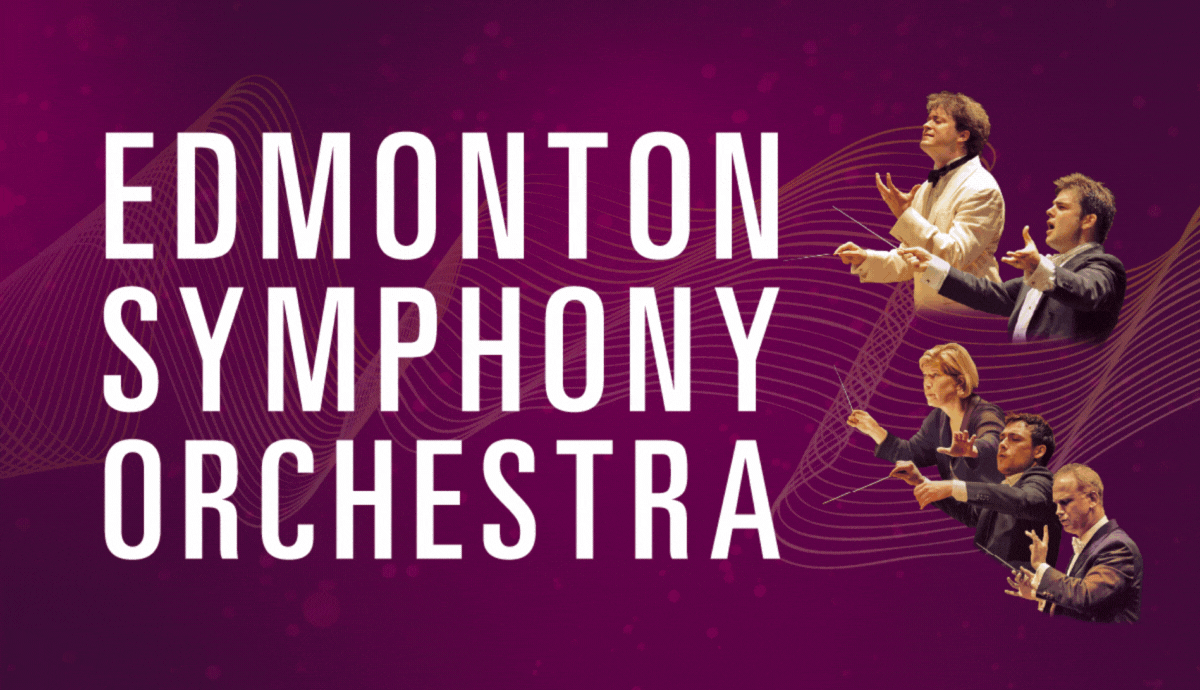Going For Baroque
September 15, 2022

By D.T. Baker, Musicologist
It’s hard to imagine now, I realize, but there must have been a time when, while working out his first fugues on the parlour clavichord, young Johann Sebastian Bach surely heard something like, “Why are you playing that weird modern stuff?” from his father.
Once upon a time, Baroque music was the very latest in trendy. But that was during the actual Baroque period, which lasted from about 1600 to about 1750. By the end of its heyday, it was considered old-fashioned, and even Bach’s children – several of whom went on to become successful composers themselves – thought their old man out of date.
Baroque composers had no illusions about their music lasting beyond their lifetimes, and in fact most works were written for specific occasions, and the likelihood is that they would not be heard past their first performances. If music was published, it was with the intention of providing music to be played in the homes of the middle to upper-class public.
The result is that many great composers, and their masterpieces, were all but forgotten within a decade or two beyond the Baroque. Music had moved on – the Classical era of Mozart and Haydn had arrived, and the revolutionary Romantic age was looming. A few astute musicians continued to study music of the past – Beethoven, for example, was fed a steady diet of Bach fugues by his teacher, and Beethoven was ever grateful for it.
In the early days of the Romantic era (the early 19th century), orchestras had gotten much larger, and more and more instruments had been added. Conductors now stood on a platform in front of the musicians, and more concerts meant more music had to be presented to an ever-hungry audience. The music of the past was re-discovered, and many of the great Baroque works were given new life. But a hundred years on from their “best before” date, Baroque works were not treated as carved in stone. Conductors thought nothing of re-writing, editing, re-orchestrating – thoroughly changing – the works they conducted to suit their orchestras and their artistic temperaments. This practice continued well into the 20th century, and those Edmonton Symphony patrons who recall our 2017 presentation of Handel’s Messiah, orchestrated by Eugene Goossens for a large, modern orchestra can attest to that.
But somewhere around the middle of the 1900s, a change began. As more and more music from the past was discovered, a movement (for want of a better word) sought to understand these great works better. “Authentic period performance” tried to replicate how these great works would have sounded in their original time and place. The movement caught on, and more and more early music ensembles were formed specifically to more authentically perform the music. One result of that was a pendulum swing, which seemed to make performances of Baroque music by modern symphony orchestras more of a rarity.
The musicians of the Edmonton Symphony Orchestra are professionals who have had the privilege of being able to study as much music from the western art music tradition as they could get their hands on. From Baroque to modern, and heck, even Medieval if they cared to – all of it informs the skills they bring to every performance. To have this “modern” symphony orchestra present a concert of all-Baroque music is a special occasion. October 13 & 14, therefore, are dates to note.
One of the finest period music interpreters of our generation, Nicholas McGegan, will make his ESO debut in a program of Baroque treasures. Soloists from among the ranks of the ESO will get spotlights in this rare night of music by Jean-Philippe Rameau, Antonio Vivaldi, George Frideric Handel, and J.S. Bach.
It is worth noting the outstanding work that has been done for decades in our city by the Alberta Baroque Ensemble, Edmonton’s own specialty orchestra, which has been led since the beginning by its founder and Artistic Director Paul Schieman – himself a member of the ESO as our Assistant Principal Oboe – an ensemble that numbers many ESO musicians among its roster. Rare is the musician who does not admire and love this trove of music – and value the contribution to all of music made by the composers we are still discovering even today. But aside from all that, this music is rich and beautiful, and deserves every performance it gets. Don’t miss your chance to see it live on October 13 and 14. Find out more information here.



